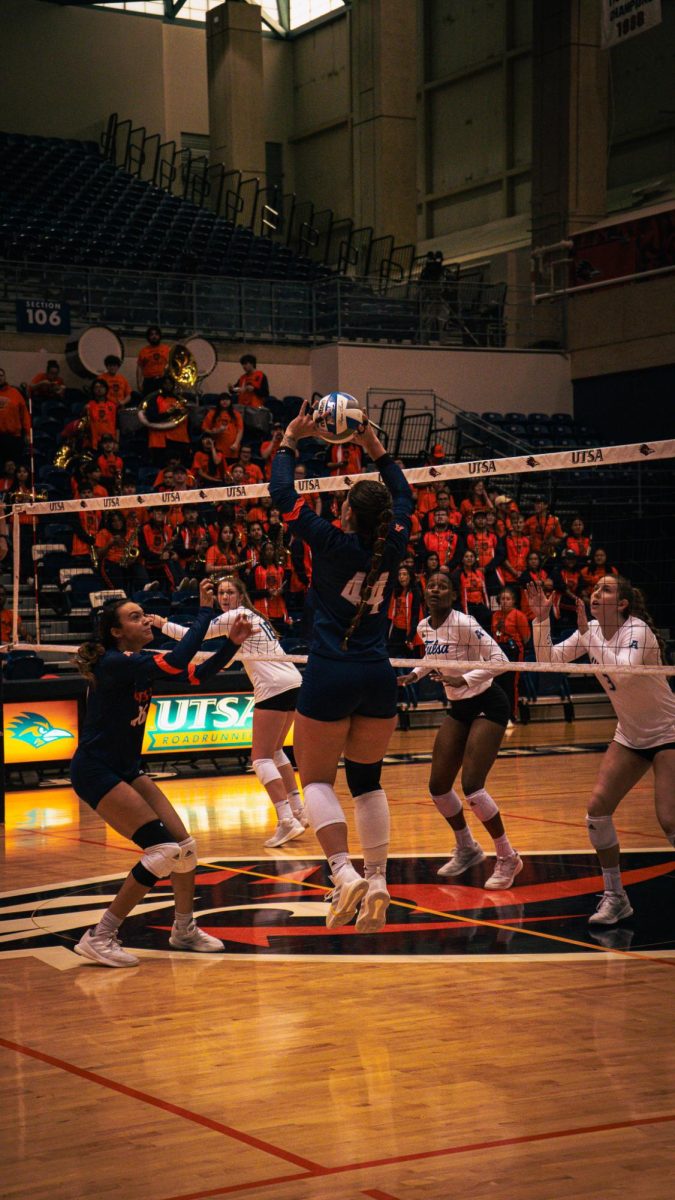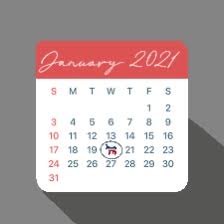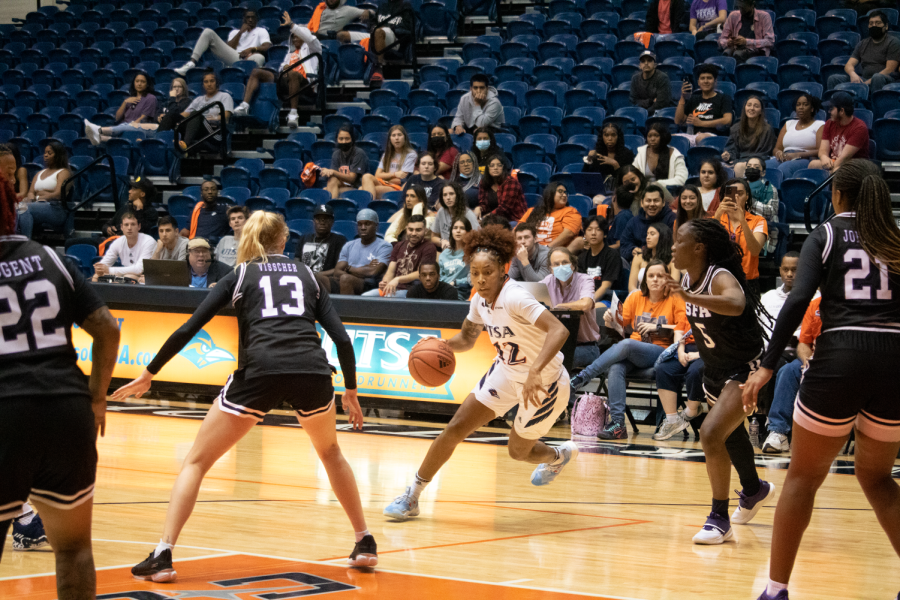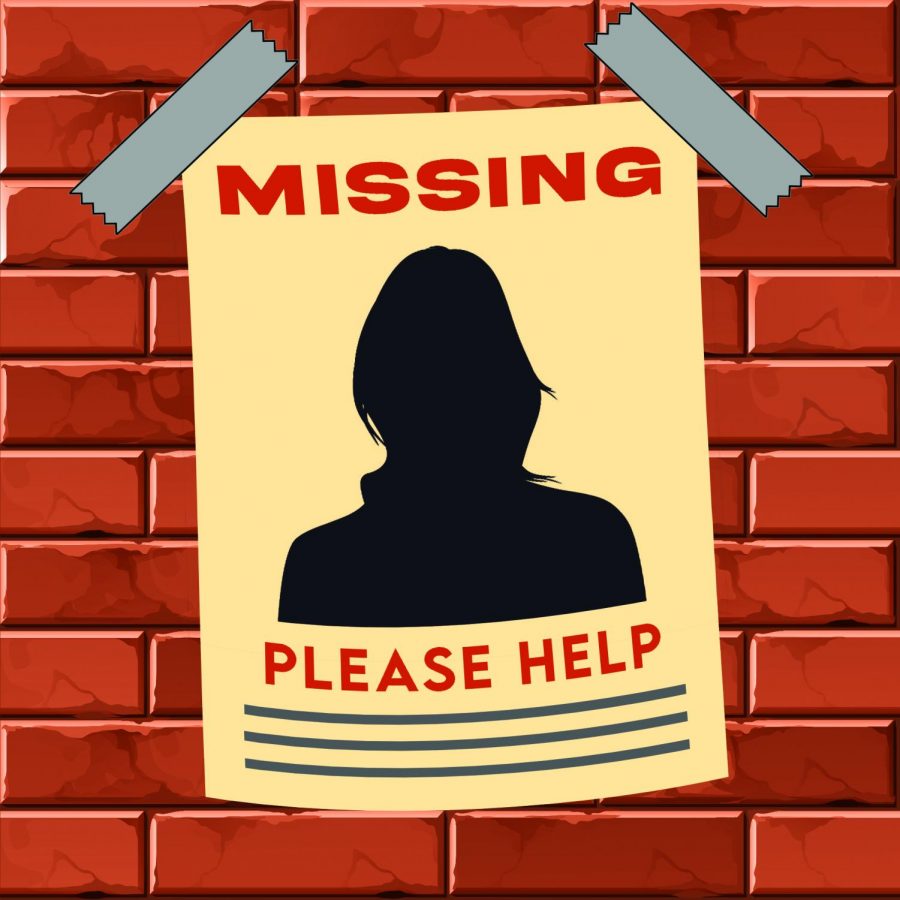Over the next several weeks, I will give writers (creative, hobbyist, beginner, explorative, etc.) insight on a writing process that I have found works best for short stories and novels. Poem writers are free to read too, but who writes those things anymore? That is a joke of course. Topics that I will cover:
How to begin your writing
What genre your work will fit in
How to take notes and built characters
Why the mid-point is important
How to finish
If you are looking for a published author’s advice, then you should look elsewhere. I offer advice to people who, like myself some time ago, are searching for an advocate in the same position they are in, having mountains of written work but none of which is published. With that said, let us discuss how to begin writing your work.
The common misconception is that writers beginning their work should know how their story ends. While writers should know where his or her story is going before he or she begin writing, knowing the story will end is not essential.
When writing, ideas that come to you in the process are bound to shift where you previously wanted your story to end up. This is not a bad thing; in fact, a story’s evolution is the best part of writing. If your story does not evolve from where you begin, then it is probably not particularly complex. Story complexity will be covered in the upcoming “Note-taking and character-building” blog.
Do not, I repeat, do not begin your writing without reading or watching the ideas of other authors and auteurs. Reading how other authors like Flannery O’Connor and Vladimir Nabokov, or watching how auteurs like Christopher Nolan and Steven Spielberg, for example, manipulate words, situations and emotions is invaluable to every writer.
Finally, having characters’ names is not essential at this point, nor is knowing who all of your characters are. However, knowing how you want your main character(s) to behave and react to the world around him or her is essential. Moreover, knowing the overarching issue that your main character(s) will be confronted with is also crucial. If you do not know the main plot point of your work before you begin writing it, then you should probably begin writing the eulogy for your work.
My next Unlicensed-Professional Advice for Writing a Novel or Other Works will cover the importance of picking a genre.











